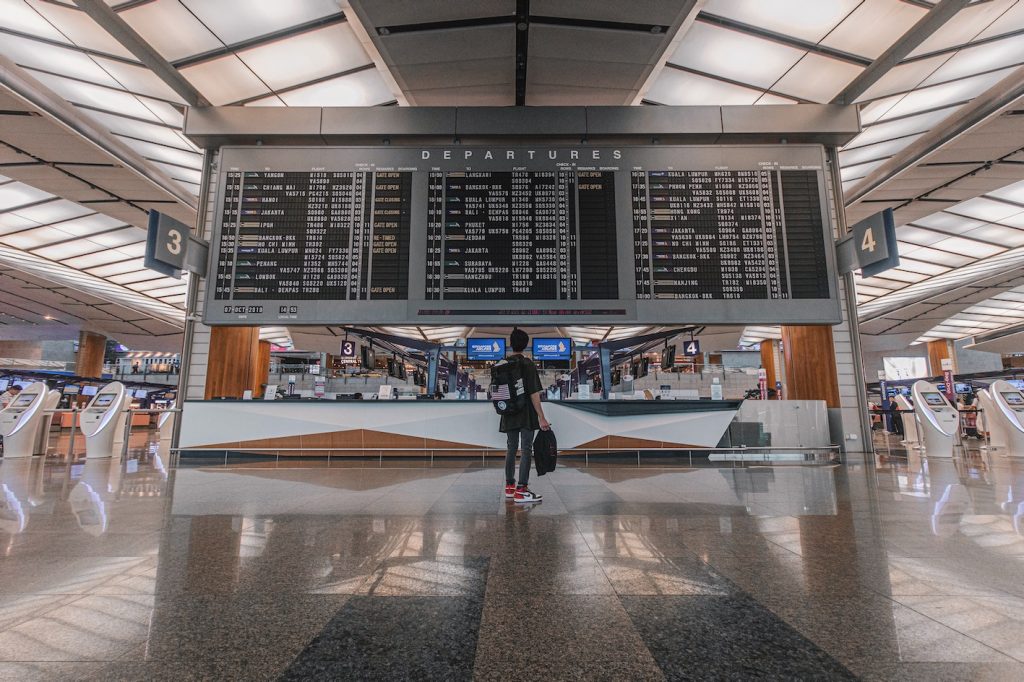In our most recent article we discussed the thorny issue of ad hoc school touring programs and their potential to create inconsistency of student opportunities across your school. You can catch up on that article here.
Some principals and school executives we’ve spoken to recently are acutely aware that ad hoc touring programs make it much harder for them to have full visibility over choices made in the areas of included activities, logistics and operational decision-making.
It is imperative that the school executive team feels absolutely confident that school touring programs are consistent; are very high-quality from an educational perspective; and meet the curriculum links. Tours should include cross-curriculum priorities and general capabilities, wherever possible.
Combining subjects is an excellent way to help more students travel, therefore increasing student numbers on the one tour, thus making a tour far more economically viable. These types of itineraries are highly complex to plan and manage. It’s important to find a way to place enough emphasis on each subject group, as well as combining subject groups in relevant activities wherever possible. This also helps to manage the costs of the tour and the educational merit for each group.
It takes particular expertise to create these tours. While some teachers are excellent at this, that expertise should not be expected of them, as they are busy enough anyway! We suggest that there are overwhelming benefits for everyone involved if the school chooses to leave strategic tour program design and management to those who specialise in it.
Selecting the right school touring partner
If you have strong ties to your local community, your teachers may have previously favoured using one or more local travel agents to support your school touring programs. That’s completely understandable!
Consider this, however: your local travel agent probably isn’t a specialist in educational travel. They will deliver the exact itinerary asked for by your teachers – and no more. They will not be able to suggest hands-on learning activities or educationally relevant hidden locations that support classroom learning, and they certainly can’t link an itinerary to the curriculum.
By selecting the right educational tour operator and using them consistently, your executive team will have confidence that your tours are combining subjects wherever possible and appropriate.The right tour operator also ensures each subject group has the same balance of educational activities. They will also set a very high standard for the itineraries they design, so the executive doesn’t have to worry that the tour is lacking in learning outcomes, or doesn’t meet curriculum needs.
You deserve to have confidence that every single tour is educationally robust, with all identified risks managed. You should have peace of mind that there is constant support for the teachers, the school and that 24/7 emergency support is available from the moment tours depart, until their return. Additionally, you’ll know that a fully trained tour director is supporting the teachers for all international travel, to look after the wellbeing of the group.
School touring and risk management
Touring and excursion risk management has been an area of focus for all schools that offer these options- even prior to the challenges presented by touring in a post-COVID environment. As far back as 2014, an holistic national review of the Australian Curriculum found that some schools were no longer undertaking student excursions and tours because of the associated legal risks.
Anecdotal evidence suggests those concerns are only going to be heightened as we emerge from the current restrictions and restart student touring, with the addition of COVID risk management requirements to be factored in, alongside the pre-existing health and safety protocols.
We understand these concerns, however they don’t need to stand in the way of connecting your students with the invaluable experiential learning experiences that can be accessed out of the classroom. Much of the risk can be eliminated, or minimised, simply by working with a specialised touring partner.
Additionally, teachers shouldn’t be expected to understand, or know, every possible risk when chaperoning a group. It’s not their expertise. We have also found that they don’t always understand the full level of responsibilities they are taking on when chaperoning a tour.
We consider in-depth training, supplied by risk management experts, to be an essential part of a school’s risk management policy. This will help to provide consistency and legal compliance right across the school’s touring and excursions programs, and should ensure that no risk issues are missed. In the rare occurrence of a critical event on tour, this training also ensures that the school has done everything in its power to educate and inform the teachers, mitigating any potential legal action.
Importantly, a great tour partner knows what not to include, because of risk to the students.
Get in touch to find out how Latitude Group Travel can help you plan and book cutting-edge, educational tours with a strong focus on engendering genuine learning outcomes for 2022 and beyond.
Related articles:
If you missed the previous articles in this series, you can catch up on them here:
- 6 reasons why now is the time to revolutionise your school touring program
- COVID-Safe checklist: 5 questions to ask your educational travel partner
- How the right touring partner can enrich and enhance classroom learning
- Is an ad hoc touring program creating inconsistent student opportunities in your school?


